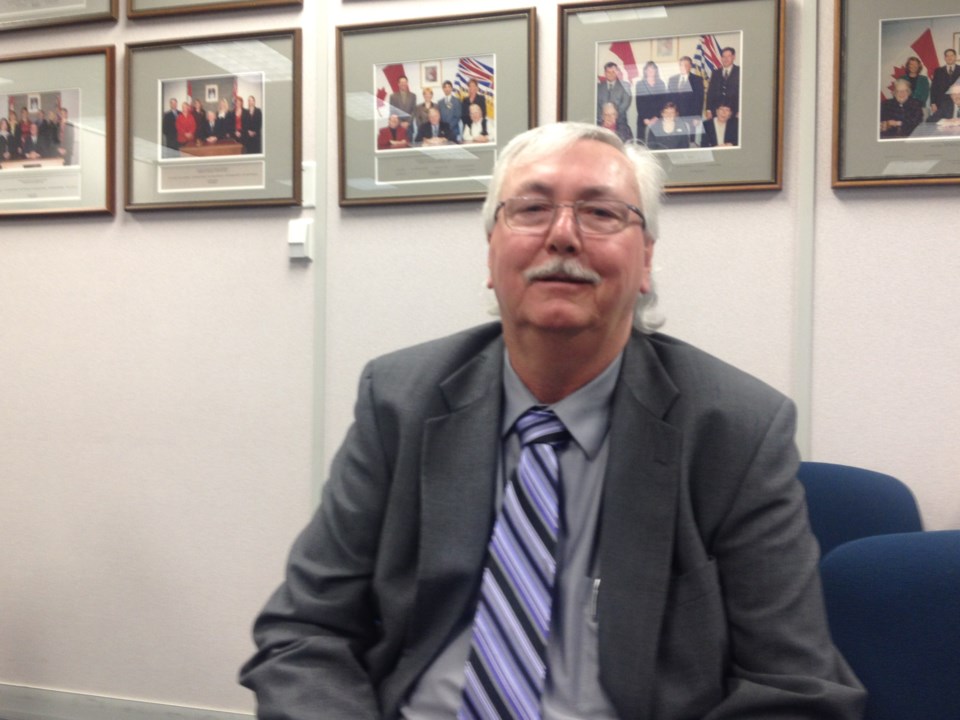School District 57's rural communities are calling on trustees to make good on what their residents feel was an election promise: rural representation.
"We acknowledge and thank you for your positive approach to rural education challenges and we also appreciate the time that you spend in rural areas but this is really about having a person that's accessible to these folks at the local grocery store," said Regional District of Fraser-Fort George chair Art Kaehn in his presentation to the board Tuesday night.
Mackenzie Mayor Pat Crook noted that of B.C.'s 60 districts, 29 have some form of regional representation. But among the 31 that don't, 13 districts are in a single community so rural representation wouldn't apply. This after the regional district sent the board a letter in October calling on it to set up "at minimum" trustees to represent each of Mackenzie and the Robson Valley.
At its November meeting, School District 57 trustees set aside $20,000 at Tuesday night's meeting for the plan, which will include conversations with Mackenzie, McBride, Valemount, Pineview and Glenview schools.
But the regional representatives were asking for more than conversation - they wanted a commitment.
Both noted the issue was directly addressed at all-candidates meetings before the November 2014 election.
"It was an issue that was raised and it was an issue that was supported. Many people in my community feel it was a promise that was made," said Crook.
He noted the district has more than 1,000 students outside Prince George's municipal boundaries, of which almost 600 live in Mackenzie.
"(A local trustee) would allow the district of Mackenzie to have a representation on the school table who understands the issues our schools faces and can speak to them firsthand for our community. This would basically be real-time representation," Crook said.
The presenters also read from comments from Valemount Mayor Jeannette Townsend.
"We know as a board you have big challenges. Your area encompasses 52,000 square kilometres making it the second largest school district he province in geographical size," she wrote, noting the presence of trustees could also shift how locals regard the school district. "It may also improve the citizen participation."
Prince George District Advisory Council chair said the matter warranted discussion, given rural students make up about seven per cent of the total population.
"I don't know what the best way to include those voices," said Sarah Holland. "It is a really good idea to have those respectful conversations with our community partners."
Board chairperson Tony Cable noted its bylaws don't allow for trustee discussion on public presentations, but assured Crook and Kaehn that the board would address the matter.
"I really appreciate you coming this evening," Cable said. "I must say this board has worked very, very hard to represent the rural areas of this district. We hope to continue that. We appreciate your comments. We look forward to ongoing relationship."
Don Sabo, who was at the 2014 all-candidate meetings fighting for a place on the board, told trustees Tuesday it should listen to presenters, which also included
"These are important voices from the community and it's the community that you serve as trustees. And the community has diverse needs."
"Don't close our schools down in rural areas and force parents and families (to bus their kids) and then charge them for busing," Sabo said. At previous meetings the board has considered that option as a way to raise funds for the province's mandatory administrative savings.
"(The board) needs to have representation from smaller communities. That way it will only strengthen the board," Sabo said.



